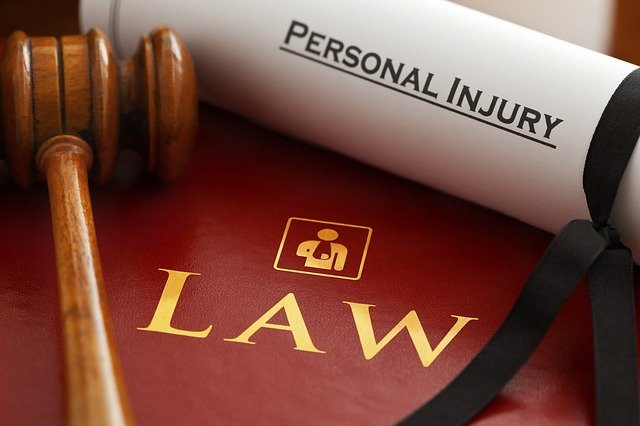Personal Injury Legal Terminology
Posted February 12th, 2021 by Anthony Carbone.
Categories: Uncategorized.

Personal injury legal terminology can complicate your claim more than is necessary. In this post, we review some of the terms you may come across during your case. Feel free to consult a Jersey City Personal Injury Attorney if you have any questions.
Terms Relating to a Personal Injury Lawsuit
If you decide to go through litigation, you will probably come across legal terms connected to the process. Here are the terms in order of appearance:
- Complaint – When filing a lawsuit with the court, the plaintiff must fill out a formal document indicating their grievances. This is called a complaint.
- Answer – Once the plaintiff files and serves a complaint, the defendant is required to respond with their position on the allegations. This formal response is called an answer.
- Plaintiff – The plaintiff is the party or group that brings and files the personal injury lawsuit. If you are injured by a defective product and decide to pursue a case, you are the plaintiff.
- Defendant – A defendant is a person or group upon whom the complaint is served. In the example above, the product manufacturer, designer, or distributor will be the defendant.
Other Legal Terms in a Personal Injury Case
Tort and Intentional Torts
A tort refers to a wrongful act that doesn’t arise from a signed contract and is not a crime. Common torts in personal injury lawsuits include wrongful death and negligence. An intentional tort, on the other hand, is a wrongful act that is committed on purposes and may be a crime, such as battery and theft.
No-Fault
If you get injured in a car accident in a no-fault state, you generally cannot sue the other party for damages, even if they are responsible for the accident. You have to turn to your auto liability insurance to pay for your expenses unless your injuries reach a certain financial and physical threshold.
Burden of Proof
The burden of proof refers to the responsibility placed on a plaintiff to prove that their allegations are true. In personal injury cases, this obligation usually lies on the plaintiff, who must convince the court that the defendant was responsible for their injuries. Proving this will often require presenting evidence.
Negligence
Negligence is a type of tort that arises when someone fails to take reasonable care and, in so doing, causes another person harm. Most personal injury cases built on this tort require that you establish negligence by proving the following:
- The defendant owed you a duty of care.
- The defendant breached this duty.
- You were injured
- The defendant’s breach of duty caused your injuries.
Damages
A plaintiff files a lawsuit to recover damages. In a personal injury lawsuit, damages refer to the financial compensation the plaintiff may get for their losses. They are usually categorized into two; economic and non-economic damages. The former replace all losses suffered by the plaintiff with a monetary value, such as lost income and medical expenses.
Non-economic damages cover subjective losses with no monetary value, such as emotional distress.
Contact a Jersey City Personal Injury Attorney
Anthony Carbone, an experienced Jersey City Personal Injury Attorney, has been representing personal injury victims throughout New Jersey for over 30 years. He is familiar with all the personal injury legal terminology in the state and how they affect your case. If you have been injured, contact him today at 201-733-2230 to schedule a consultation.


